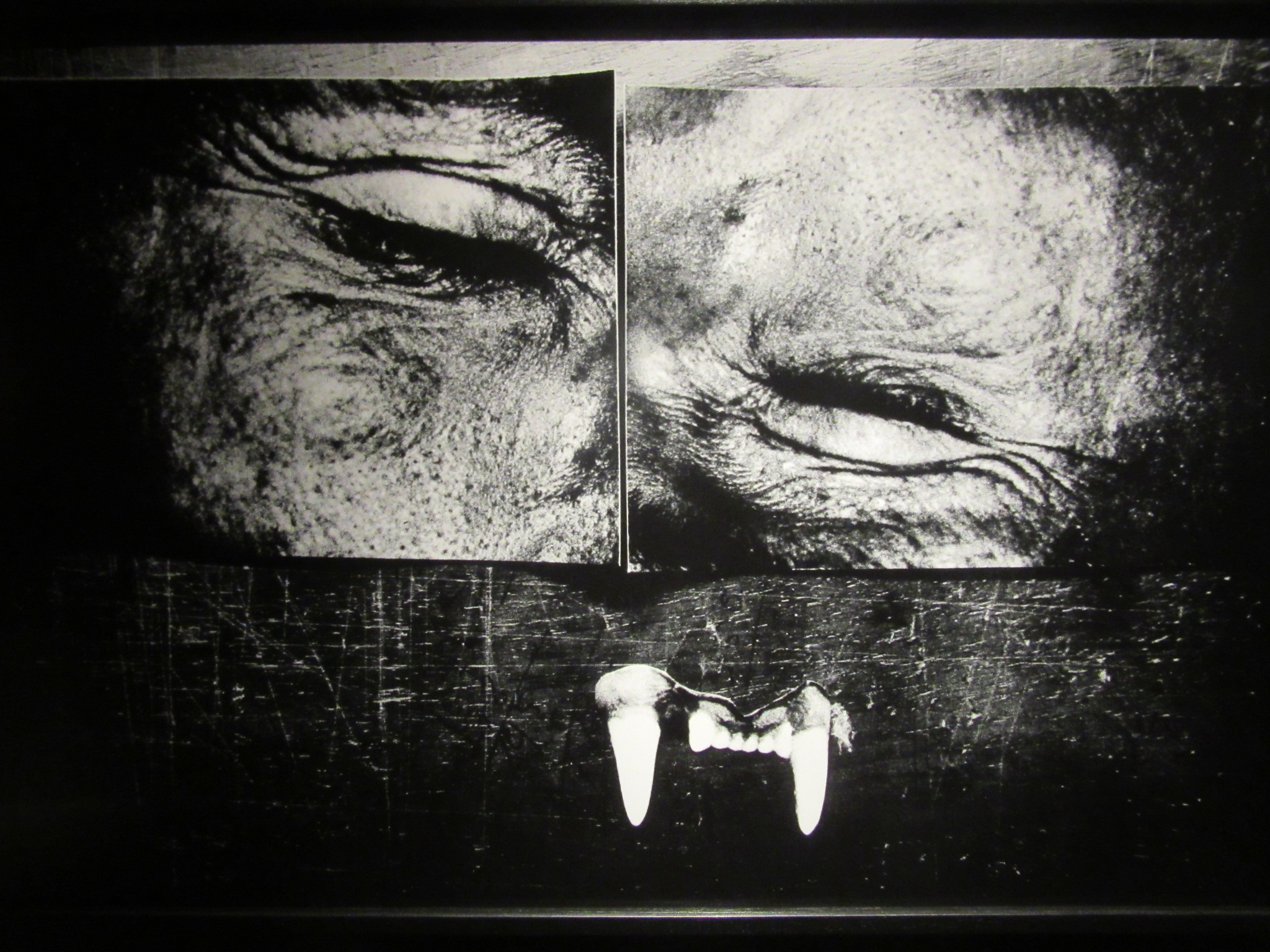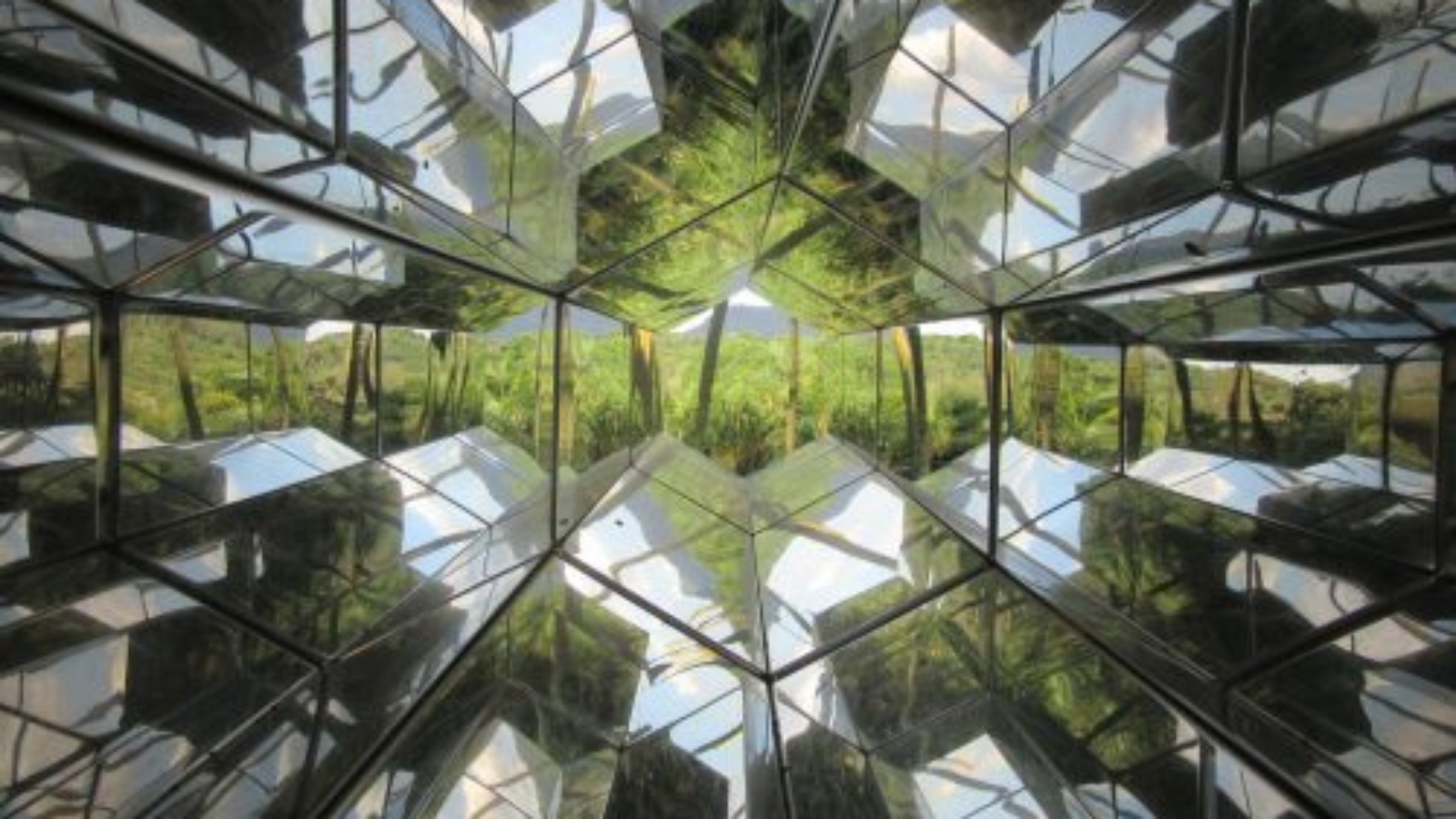People of Brumadinho, in Minas Gerais, says that an English miner named Timothy walked by these lands sometime in the past.
The native from Belo Horizonte, thanks to their unique accent, used to call him as Nho Tim. This way Inhotim was born, an open air museum of contemporary art that stablishes the perfect symbiosis between artistic poetic and nature.
The Sound of the Earth
The American
Doug Aitken built his
Sonic Pavilion at the top of one of the hills in Inhotim, surronded by lush vegetation, to capture the sound of the Earth. Maybe the Ohm sound so used by Yoguis or maybe not. It is a work that impacts the visitor.
Steel and glass pavilion, covered by a plastic film, with a tubular well of 202 meters deep, with sophisticated amplifiers and equalizers to transmit the sound of ‘mother nature’ in real time. It is a privilege to visit this unique work!
Lama Blade
Another American Mathew Barney with Lama Blade installation (2009) placed inside a prism, no longer on a hill, but engrossed in the bush, a bulldozer with muddy wheels pulling a tree. A work that began at Carnival, in Salvador, 2004, and arrived in Inhotim in 2008. Invites the viewer to reflect about the role of man and the machine that gives him power to destroy the nature.
The 500 photographs of Claudia Andujar about Amazon and Yanomami natives is a precious collection about indigenous life, culture and humanitary and political activism. To visit and observe her work is to engage with the soul of forest people, such is the sensitivity with which Claudia treated the images and the flagrant.

The Spanish Miguel Rio Branco brought a Brazil without identity, from poverty and prostitution that was developed in the pillory in Blue Tango, 1984, in photos and videos.
There are 23 installations and more individual works around the giant park idealized by the entrepeneur from Minas Gerais – Bernardo de Mello Paz – from mid 1980. It is a structure, undoubtedly, very well managed and can be visited by walking or with the service of eletric cards that the museum itself offers. The admission fee is R$25,00 and most hotels are distant, but there is the facility of taxis or rent a car in Belo Horizonte.
Visit Inhotim is a pleasure to those who like art and enjoy natural environments. A must ride!





